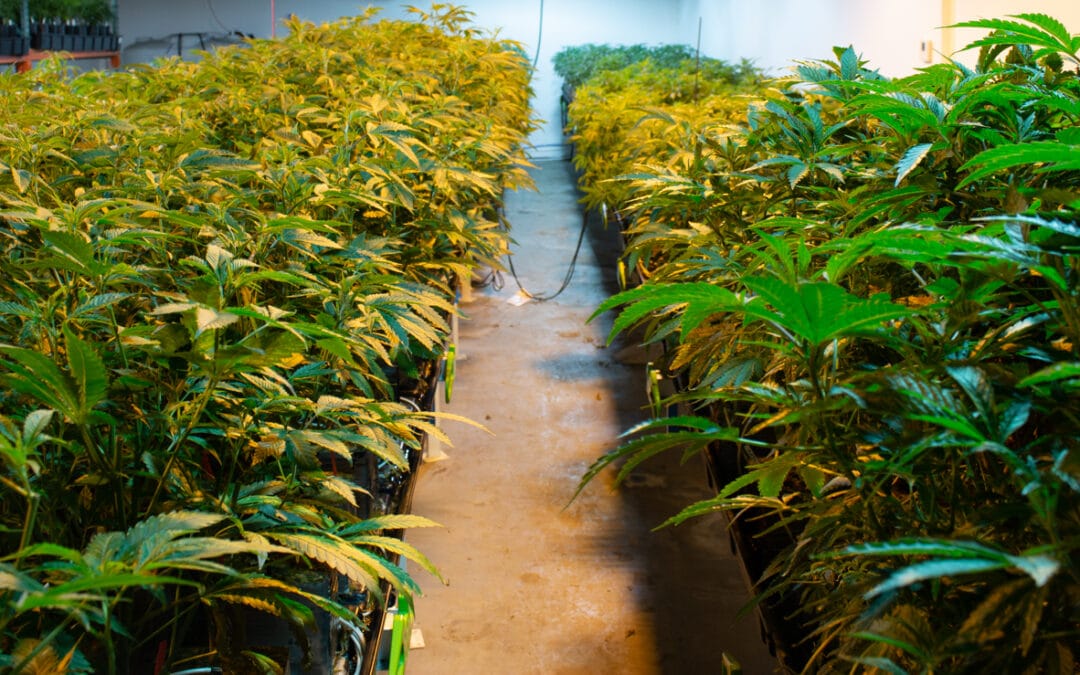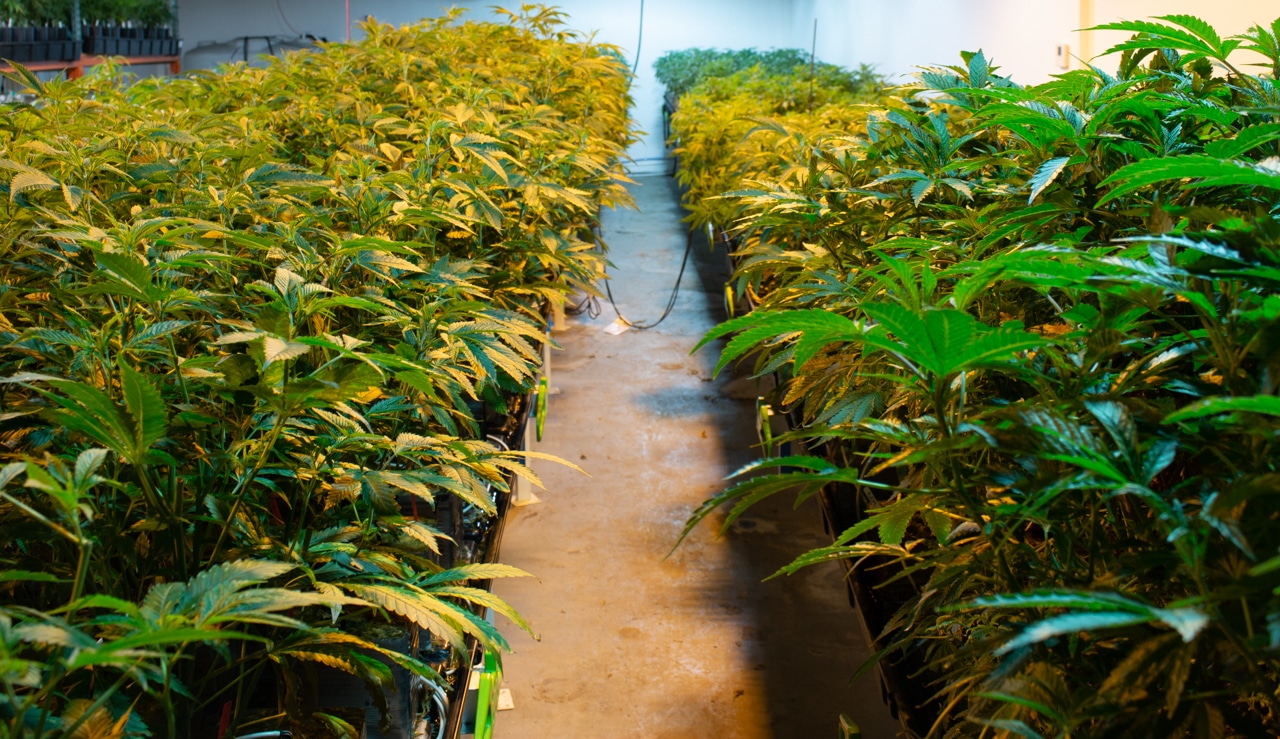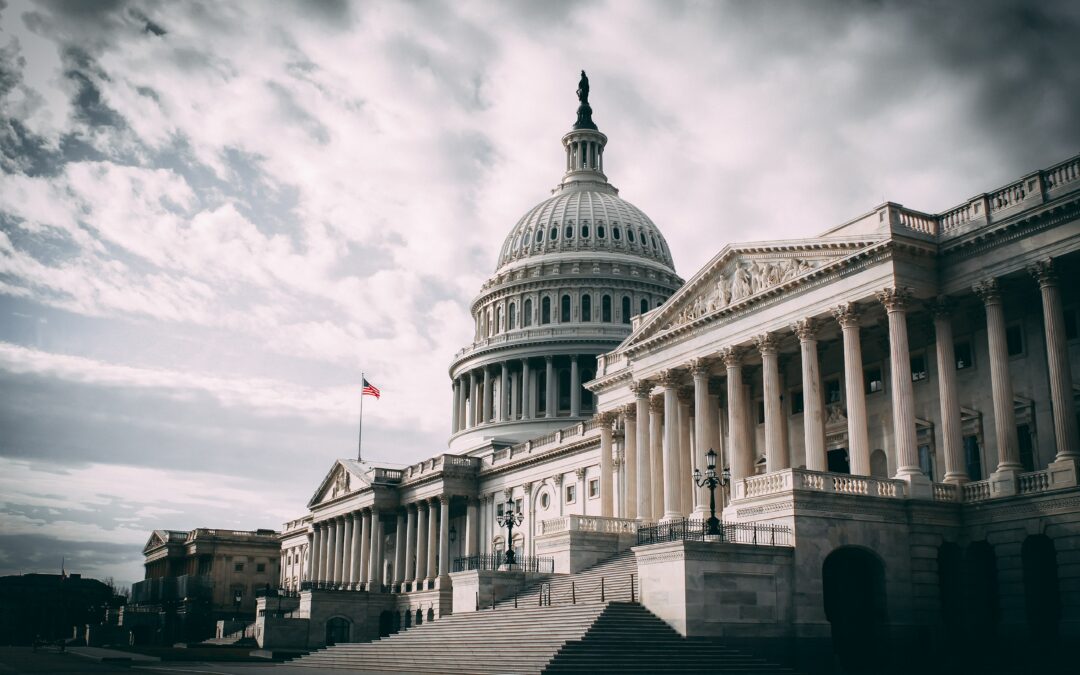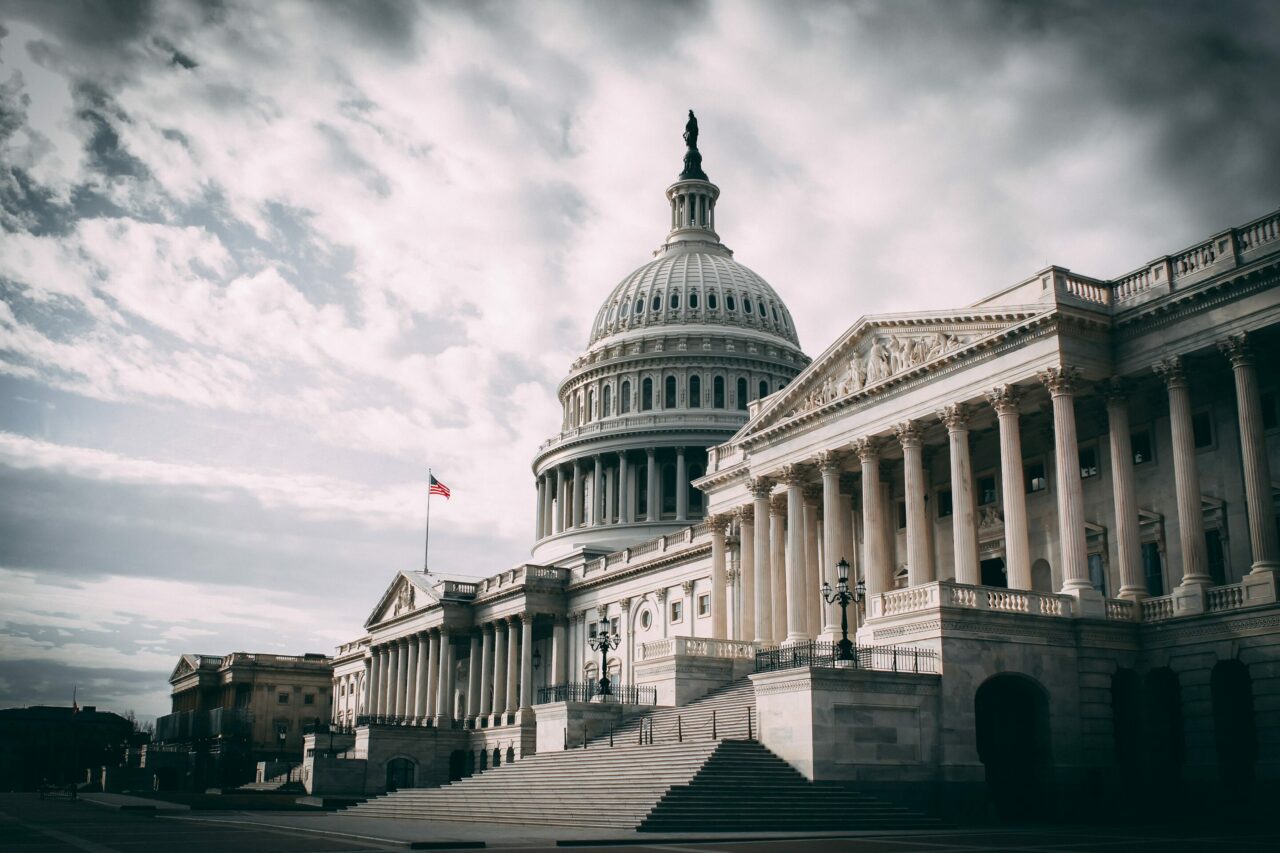
Louisiana Governor Says Cannabis Legalization ‘Is Going To Happen’

Just a day after a bill to legalize marijuana in Louisiana stalled in the state legislature, Gov. John Bel Edwards (D) said on his live radio program Wednesday that cannabis legalization “is going to happen in Louisiana eventually.”
“In the past, as a legislator and as governor, I’ve been opposed to legalizing recreational marijuana,” the governor said on the monthly program, Ask the Governor. “I will tell you, I have come to believe that it is going to happen in Louisiana eventually.”
Edwards stressed that while he isn’t yet endorsing legalization—he declined to take a position on pending legislation in the House—he wants to “make sure that we do it right.”
“I suspect you’re going to see a lot of interest and studying the other states and making sure that we have a clear path forward,” he said. “One of the things that I’ve always said is that before we do it here, we need to make sure we study and learn all the lessons to be learned.”
“I think there’s a growing number of people who are sort of where I am,” the governor continued, “not quite comfortable yet but understanding that we’re likely to get there.”
Last month, in a pivot from his years of quickly dismissing questions about legalization, Edwards said that he had “great interest” in a marijuana bill that had advanced out of a House committee just hours earlier. That proposal, however, hit a speed bump on Tuesday after the full House of Representatives rejected a complementary tax measure.
Despite the setback for legalization broadly, numerous other cannabis-related bills have been advancing in the conservative state this session. The House last week approved legislation to decriminalize possession of small amounts of marijuana, which is now awaiting Senate consideration.
A separate House-passed measure that is also before the Senate would give the state’s existing medical marijuana patients access to cannabis flower and permit them to lawfully smoke it. Currently patients are able to vaporize cannabis preparations via a “metered-dose inhaler,” but they cannot purchase whole-plant flower and smoking is not allowed.
Edwards proactively brought up both of those measure in the radio appearance on Wednesday, suggesting he is closely tracking them and is potentially open to signing the proposals if they reach his desk this session.














